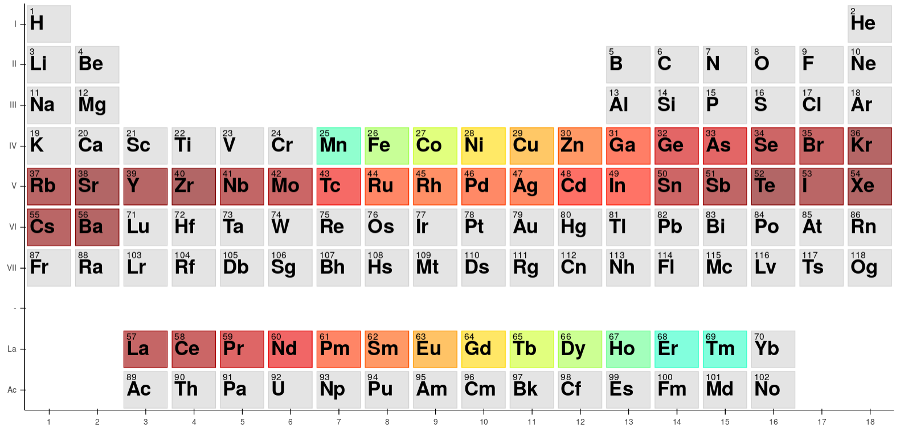
Yet there is certainly a risk of turbulence in this market over the months ahead.

As such, a big rise in the price of uranium will not massively affect the economics of nuclear power. When you compare the cost of producing electricity over the lifetime of a power station, the cost of uranium has a much smaller impact on a nuclear plant than the equivalent effect of, say, gas or biomass: it’s 5% compared to around 80% in the others. At the same time, since uranium has no direct substitute, and is involved with national security, several countries including China, India and the US have amassed large stockpiles – further limiting available supply. Global supply was further hit by COVID-19, with production falling by 9.2% in 2020 as mining was disrupted. For example, Cameco, the world’s largest listed uranium company, suspended production at its McArthur River mine in Canada in 2018. Due to the previously low prices, uranium mines around the world have been mothballed for several years. The effect on the price has also been multiplied by issues on the supply side. Meanwhile, innovative nuclear technologies such as small modular reactors (SMRs), which are being developed in countries including China, the US, UK and Poland, promise to reduce upfront capital costs.Ĭombined with recent optimistic releases about nuclear power from the World Nuclear Association and the International Atomic Energy Agency (the IAEA upped its projections for future nuclear-power use for the first time since Fukushima) this is all making investors more bullish about future uranium demand. We are also seeing greater commitment to new nuclear power stations from China and elsewhere. But thanks to sharp rises in energy prices, nuclear’s competitiveness is improving. While it is widely believed that nuclear energy should play an integral role in the clean energy transition, the high costs have made it uncompetitive compared with other energy sources. One such long-term speculator is Toronto-based Sprott Physical Uranium Trust, which has bought nearly 6 million pounds (or US$240 million worth) of uranium in recent weeks. The market includes not only uranium consumers but also speculators, who buy when they think the price is cheap, potentially bidding up the price. Since most mined uranium is used as fuel by nuclear power plants, its intrinsic value is closely tied to both current demand and future potential from this industry. Workers in Kazakhstan processing uranium oxide. So what lies behind this rally, and what does it mean for nuclear power? The price is around US$48 per pound (453g), having been as cheap as US$28.99 on August 16. Yet since mid-August, prices have surged by around 60% as investors and speculators scramble to snap up the commodity. The primary fuel for nuclear plants was sliding for much of the 2010s, with no signs of a major turnaround. Uranium prices long reflected this reality. With governments reluctant to subsidise nuclear power because of the high costs, particularly since the 2011 Fukushima disaster, the market has undervalued the potential of this technology to tackle the climate emergency by providing abundant and reliable low-carbon electricity. Hitachi’s share price went up 10% when it announced its withdrawal, reflecting investors’ negative sentiment towards building complex, highly regulated large nuclear power plants.

The Japanese industrial conglomerate cited the failure to reach a funding deal with the UK government over escalating costs, and the government is still in negotiations with other players to try and take the project forward. It is a year since Horizon Nuclear Power, a company owned by Hitachi, confirmed it was pulling out of building the £20 billion Wylfa nuclear power plant on Anglesey in north Wales.


 0 kommentar(er)
0 kommentar(er)
